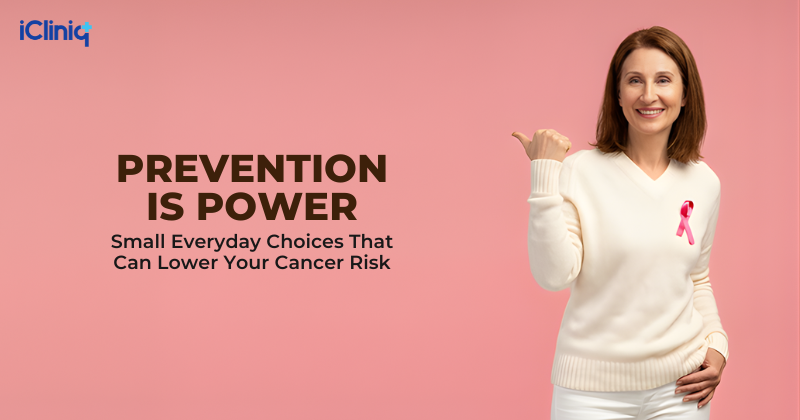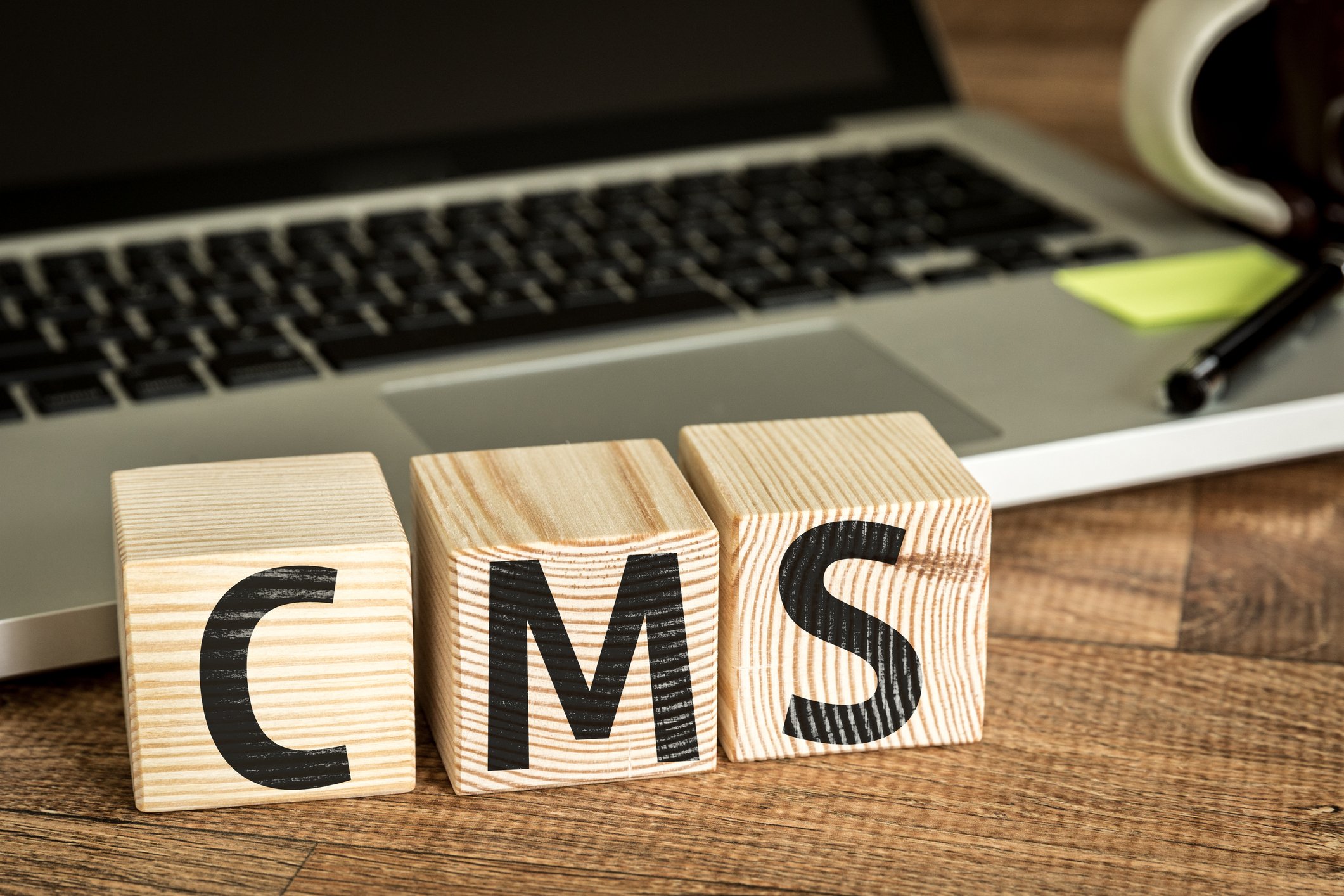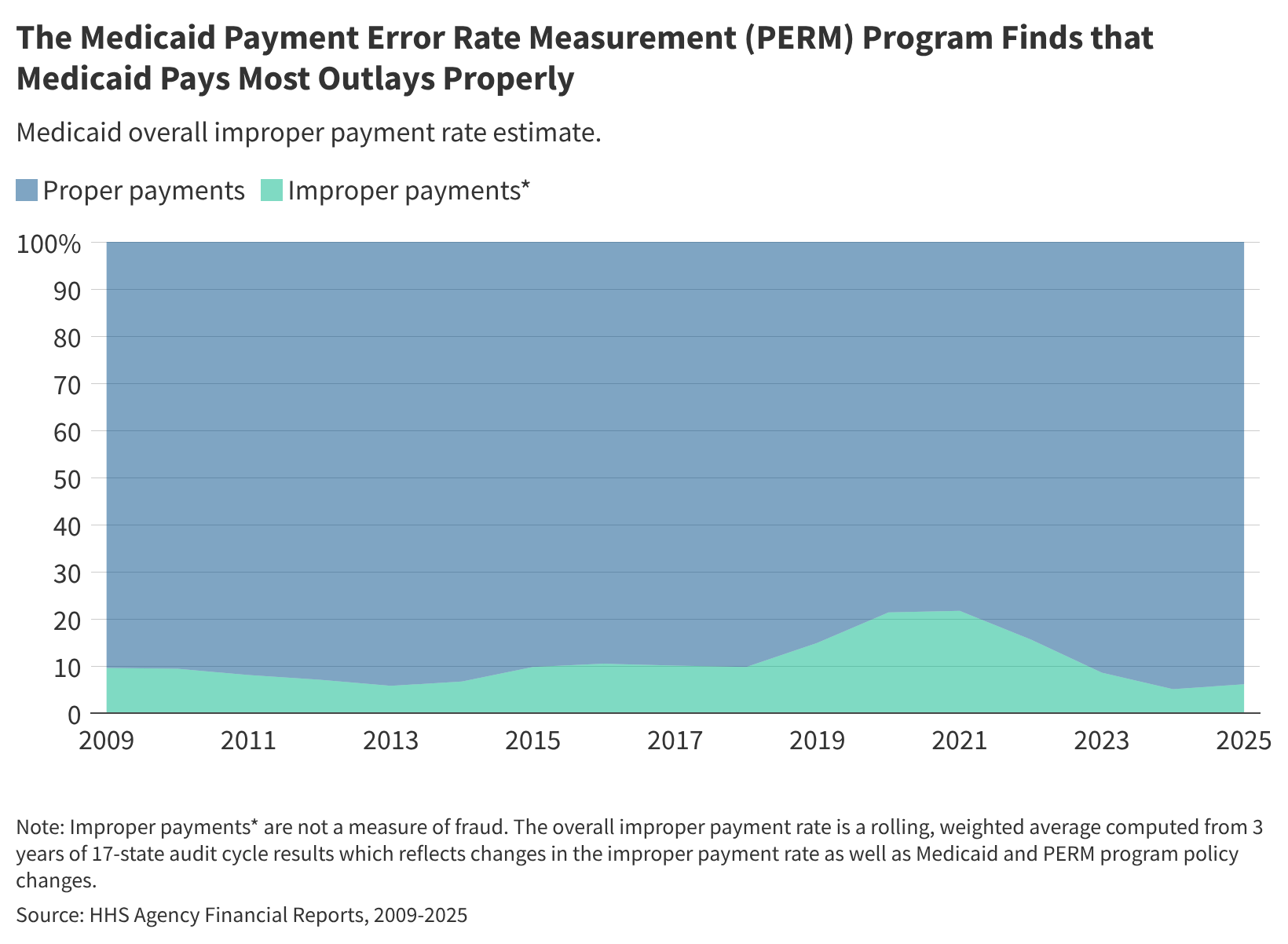A new KFF-Washington Post partnership survey of parents explores their experiences with and views about vaccines for their children, including a look into how they make decisions related to vaccines and where they are uncertain or confused about their safety.
The poll comes as the Trump administration’s Health and Human Services Secretary Robert F. Kennedy Jr. continues to question the childhood vaccine schedule and to raise doubts about vaccine safety and effectiveness. Based on interviews with more than 2,700 parents, including more than 1,000 parents with children under age 6 who have had to make decisions about vaccines in the post-COVID era, the survey’s findings will be featured in a series of Washington Post stories and KFF reports analyzing the survey data.
The survey reveals large majorities of parents view long-standing childhood vaccines such as the ones to prevent measles, mumps, and rubella (MMR) and polio as safe and important, but are less confident in seasonal vaccines for flu and especially COVID-19.
While most parents say they keep their children up to date on recommended childhood vaccines, about one in six (16%) say that they have delayed or skipped at least one vaccine for their children (other than those for flu and COVID-19). Those most likely to report delaying or skipping vaccines include Republican parents (22%), especially those who identify with President Trump’s “Make America Great Again” movement (25%), parents under age 35 (19%), and those who homeschool their child (46%).
Among parents who delayed or skipped some vaccines for their children, the most common reasons include concerns about side effects, a lack of trust in vaccine safety, and a belief that not all recommend vaccines are necessary.
This is the 37th survey in the KFF-Post partnership dating back to 1995 that combines survey research with in-depth journalism. The Post today published its overview of the results, while KFF published a report breaking down the data. The Post plans to publish additional stories drawing on the survey results.
Key themes from the survey include:
Most favor school vaccine requirements. A large majority (81%) of parents say that public schools should require students to get the measles and polio vaccines, with exceptions for medical and religious reasons. Among all parents, 8% say that they had requested an exemption to vaccine requirements so a child could attend school or daycare.
Many are uncertain about false claims. When asked about several false claims about vaccines and measles, relatively few parents believe the untrue statements, but larger shares are uncertain what to believe. One example: While relatively few (9%) parents believe the false claim that the MMR vaccine can cause autism in children, nearly half (48%) say they don’t know enough to say.
Views of parents with children diagnosed with autism spectrum disorder. Parents of children with autism spectrum disorder are somewhat more likely than other parents to believe the false claim that vaccines cause autism (16% vs. 9%).
Confidence in federal health agencies is shaky. Fewer than one in six (14%) parents say they have “a lot” of confidence in government health agencies like the Centers for Disease Control and Prevention (CDC) and the Food and Drug Administration to ensure the safety and effectiveness of vaccines, while half say they have only a little confidence (29%) or none at all (22%). Confidence is even lower in the agencies’ abilities to make decisions based on science rather than the views of agency officials or to act independently without interference from outside interests. A quarter (26%) of parents overall say that the CDC recommends too many vaccines.
Many parents are unsure about impact of federal vaccine policy changes. Few parents (11%) say they’ve heard “a lot” about Secretary Kennedy’s changes to federal vaccine policy. When asked about the changes’ impact, most say either that they don’t know or that the changes won’t make of a difference on safety, access, and industry influence.
The survey also examines parents’ views of the safety testing for vaccines, the number of recommended vaccines, and experiences with the human papillomavirus (HPV) vaccine.
METHODOLOGY INFO:
The KFF/Washington Post Survey of Parents includes interviews with a nationally representative sample of 2,716 parents or legal guardians of children under age 18 in the U.S. The survey was conducted between July 18-August 4, 2025, online, in English and Spanish, using the Ipsos KnowledgePanel. The margin of sampling error including the design effect for total sample of parents is plus or minus 2 percentage points. For results based on other subgroups, the margin of sampling error may be higher.
Publisher: Source link










